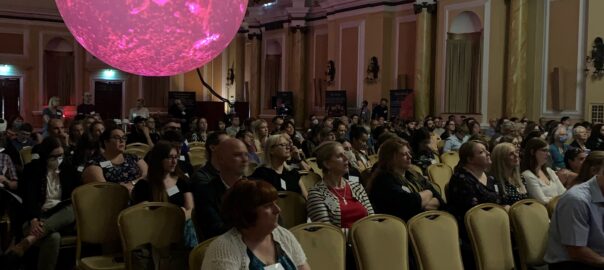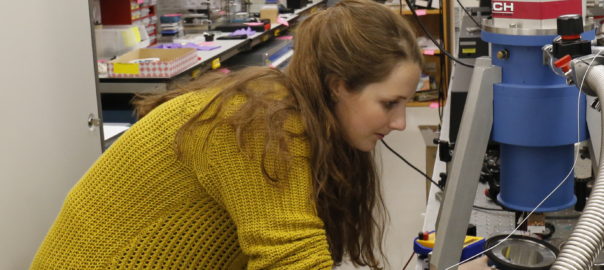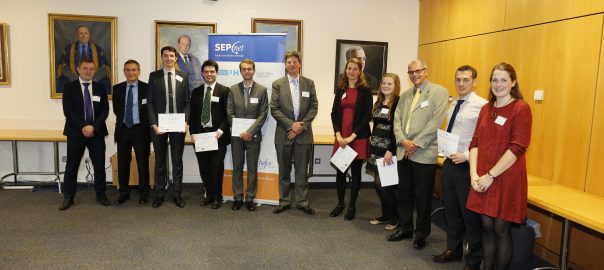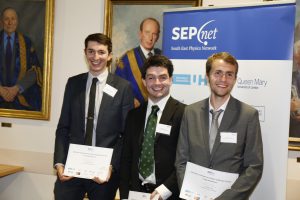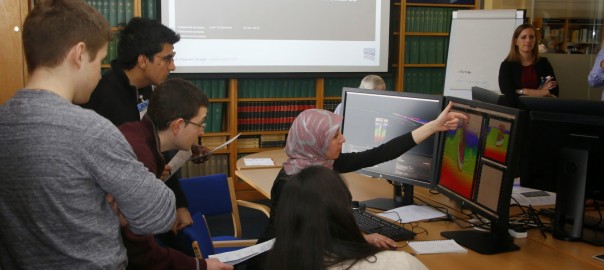SEPnet Impact Grants – second call – deadline Oct 31st
Aim:
To support researchers in developing Impact from their research, SEPnet is offering small grants to support an individual for up to 3 months full time or pro rata.
N.B These grants MUST be allocated and projects commenced before the end of SEPnet 2 (July 31st 2018) but expenditure may take place after this date. The projects are therefore suitable for individuals who will be available to start at any time up until July 2018.
N.B. This offer of funding is conditional on no unexpected costs emerging for SEPnet 2. SEPnet reserves the right to withdraw this offer of funding should circumstances demand it. Once a project has started the funding offer will be honoured.
Concept:
Towards the end of a project a PhD student, ECR or their supervisor may have ideas for developing research impact but the termination of the contract proves a barrier. Examples of previously successful Impact grants were described in the Spring 2017 Issue of GRADnews.
Solution:
A small grant to support the individual – this may be a PhD student after submission but before the viva or before starting a post doc position, or an ECR between contracts. The individual will work with the SEPnet Innovation Partnership Fellow, Gill Prosser (gill.prosser@port.ac.uk) or Colin Hayhurst (C.J.Hayhurst@sussex.ac.uk), to explore opportunities for research impact.
The impact sought may be economic, environmental, policy, health/lifestyle, cultural and/or societal including public engagement.
The time may be spent identifying and working with stakeholders to determine the feasibility of the research delivering impact and to determine how this impact may be achieved. However, this funding is NOT intended to support continuing the underpinning research.
Process:
A short written statement outlining the nature of the underpinning research, initial ideas for impact and target stakeholders and a justification for the resources requested to be submitted to Averil Macdonald (a.m.macdonald@soton.ac.uk). Template on the next page.
It is recommended that applicants consult with their Innovation Partnership Scheme (IPS) Fellow to discuss ideas and/or discuss initial thoughts with Averil Macdonald.
Deadline:
The process is on a first come first served basis with a deadline of 31st October 2017 for final proposals.
N.B These grants MUST be allocated and projects commenced before the end of SEPnet 2 (July 31st 2018) but expenditure may take place after this date. The projects are therefore suitable for individuals who will be available to start any time up until July 2018.
Template headings for application for SEPnet Impact grant – 1 side A4 approx
- Title
- Proposer/Supervisor and proposed researcher
- Aims of project including impact types targeted
- Background research (eg project on which this impact is based)
- Outline plan for engaging with stakeholders to establish potential for impact
- Outline plan for developing impact
- Time scales
- Costs and justifications of resource
- Other supporting information

